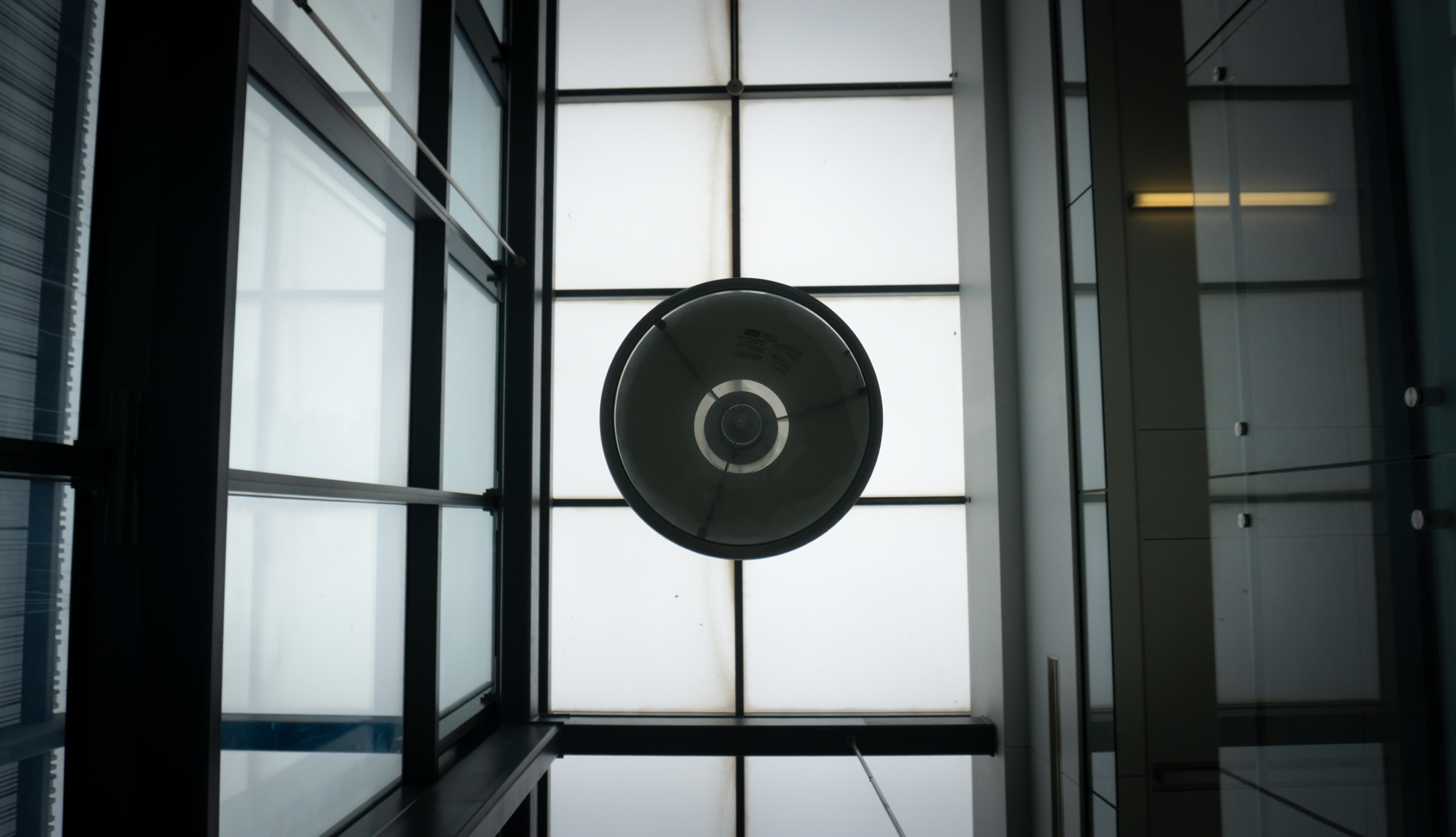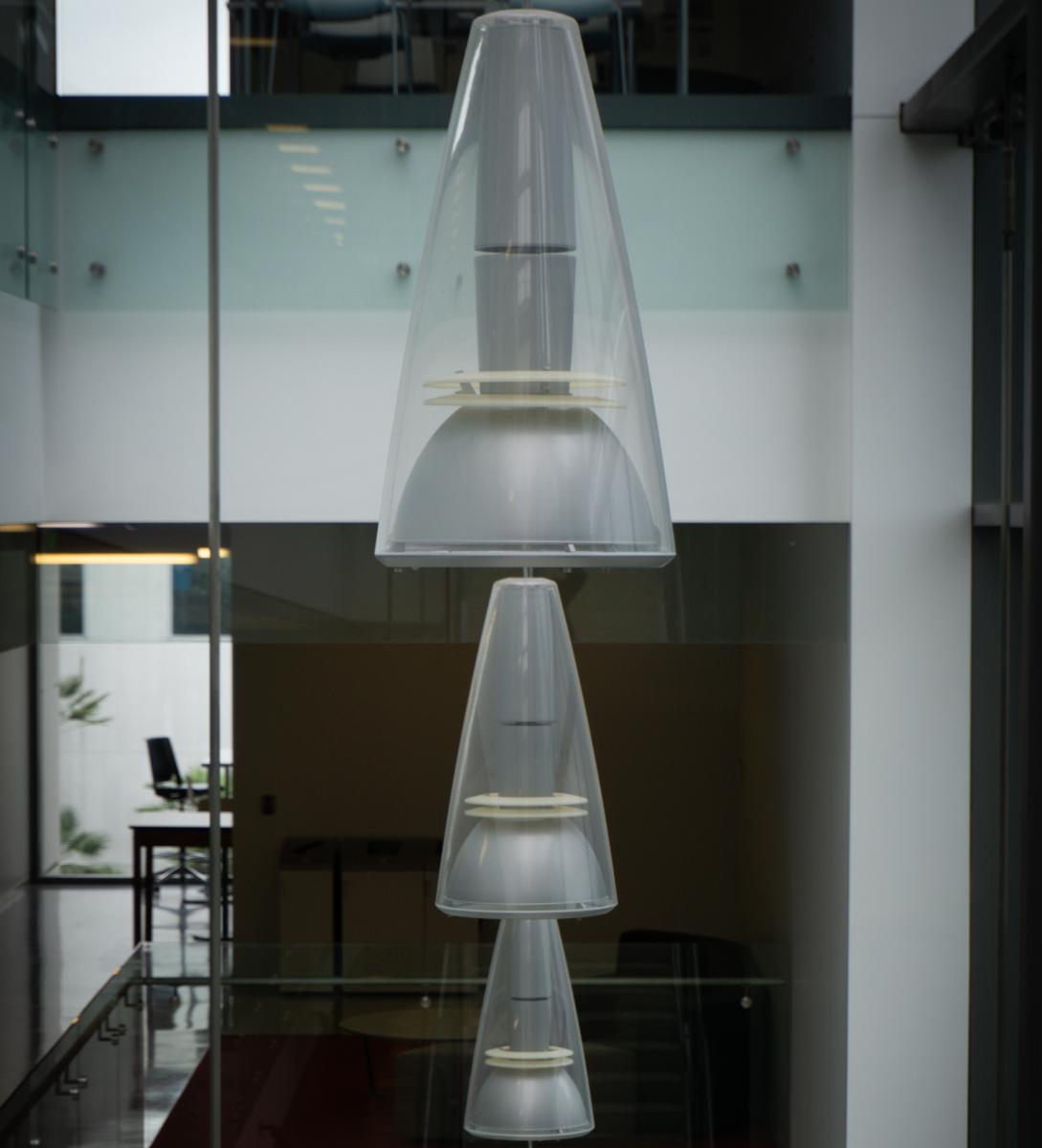Energy Conservation
Why is it Important?
Conserving energy on campus is an important step toward combating both local and global climate change. In addition to investing in alternative energy, it is crucial to reduce energy use through efficient infrastructure and behavior-changing outreach. Reducing our overall energy usage increases the proportion of campus operations that can be powered by alternative energy, further decreasing our environmental impact.
Residential and commercial buildings account for 40% of total U.S. energy consumption, and as energy costs continue to rise, it's essential for institutions like LMU to implement effective energy conservation strategies. These efforts support the triple bottom line: people, planet, and profit. The more energy we conserve—both communally and individually—the less we negatively impact the environment and future generations.

What is LMU Doing?
Loyola Marymount University is committed to addressing the climate crisis through a combination of innovative infrastructure and community engagement. Through Green LMU’s outreach and influence, the university continues to implement improvements in construction, lighting, heating and cooling systems, and energy-efficient appliances.
These retrofit and efficiency initiatives are designed to reduce campus energy consumption, promote sustainable practices, and support LMU’s broader environmental goals. By reducing our energy use, we also increase the share of operations that can be powered by clean, alternative energy—helping LMU move closer to a more sustainable future.
-
-
LED lighting is currently used throughout campus landscaping and landscape features such as Shea Terrace.
-
Two full building lighting changeouts to LED have been completed in the past two years.
-
Two parking structures, all parking lots, and all street lighting have been upgraded to LED.
-
All vending machines utilize LED lighting
-
-
-
Central Plant Chillers provide air conditioning across LMU via underground piping.
-
LMU uses the most energy-efficient centrifugal chiller on the market, improving energy consumption.
-
Classrooms and offices have automated AC temperature control settings based on class schedules and office hours.
-
The energy management system schedules building temperatures based on occupancy to reduce wasted energy.
-
-
-
Timers for temperature control are used based on class schedules and professors' office hours.
-
The energy management system adjusts building temperature according to occupancy.
-
LMU vending machines have internal timers that track inactivity and trigger a sleep mode, conserving energy.
-
Vending units are Energy Star rated.
-
-
-
The western portion of the Hilton building is dedicated to campus energy management and distribution, enabling control over energy supply and transfer to any building on the west side of campus.
-
This system supports a clean and energy-efficient campus by allowing centralized monitoring and management.
-
White rooftops, such as the one on Hannon Library, reflect sunlight and reduce building heat absorption, lowering cooling energy demand.
-
Energy Tips for You
Practical strategies to reduce energy consumption and lower your bills while helping the environment:
Sustainable Studying
When studying in your dorm or the library, take advantage of natural lighting. Work by a window during the daytime whenever possible. While studying at night, make sure your lightbulbs are LED – they last longer and consume 80% less energy than iridescent bulbs. Finally, always remember to turn the light off when leaving a room.
Keep an Eye on Electronics
Electronic devices that are powered off can still consume energy when plugged in. To help reduce energy waste, use smart power strips that automatically cut power to devices when they're not in use, or simply unplug chargers when they're not actively charging anything. Remember to unplug unused devices nightly to ensure minimal energy waste.
Energy-Efficient Appliances
Look for Energy Star-rated appliances and electronics, as they’re designed to use less energy. In shared living spaces, reduce energy use by sharing larger devices like kitchen appliances, and opt for a microwave or air fryer instead of an oven when preparing smaller meals.
Hands Off That Thermostat
If available, use programmable thermostats to better manage heating and cooling. Avoid turning the heat too high in winter or setting the AC too low in summer. Instead, dress for the season—wear layers or use blankets in colder months, and use fans to stay cool in the summer without overusing air conditioning.
Wash Smart
Whenever possible, wash your clothes with cold water. Most of the energy used in laundry goes toward heating the water—and cold water is just as effective for cleaning most clothes. In fact, modern detergents are specifically formulated to work well in cold water! Hot water is typically only necessary for heavily soiled items or when sanitizing fabrics like bedding or towels. By switching to cold, you’ll save energy and help your clothes last longer.

How Can You Get Involved?
What you can do as an individual
- Every day you can:
- Turn off lights during the day
- Limit use of heating/cooling systems
- Energy efficient light bulbs
- Be sure to participate in our green office program if you are on campus, or the city of LA’s program (which we use) if you are off-campus
- Learn how to save energy in your home/apartment/ residence hall here
- Learn how to save energy in your office here
- Learn how to purchase energy efficient appliances here
- Learn how to purchase energy efficient electronics/computers here
- Let your voice be heard for energy conservation legislation